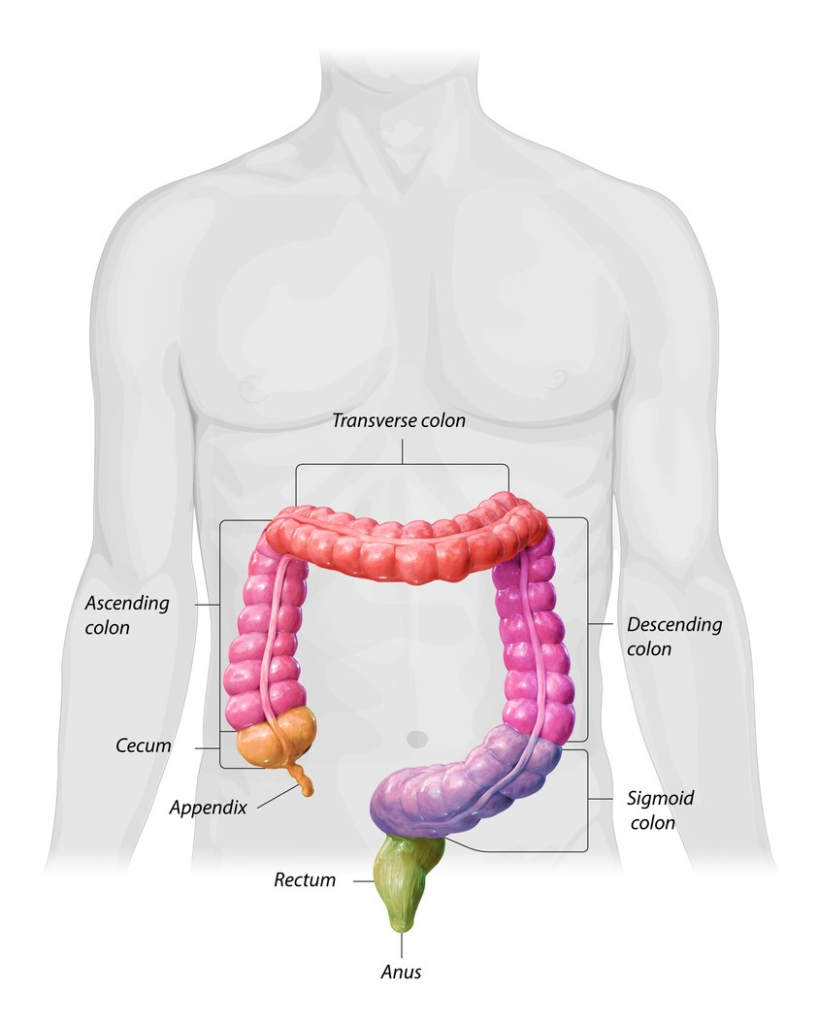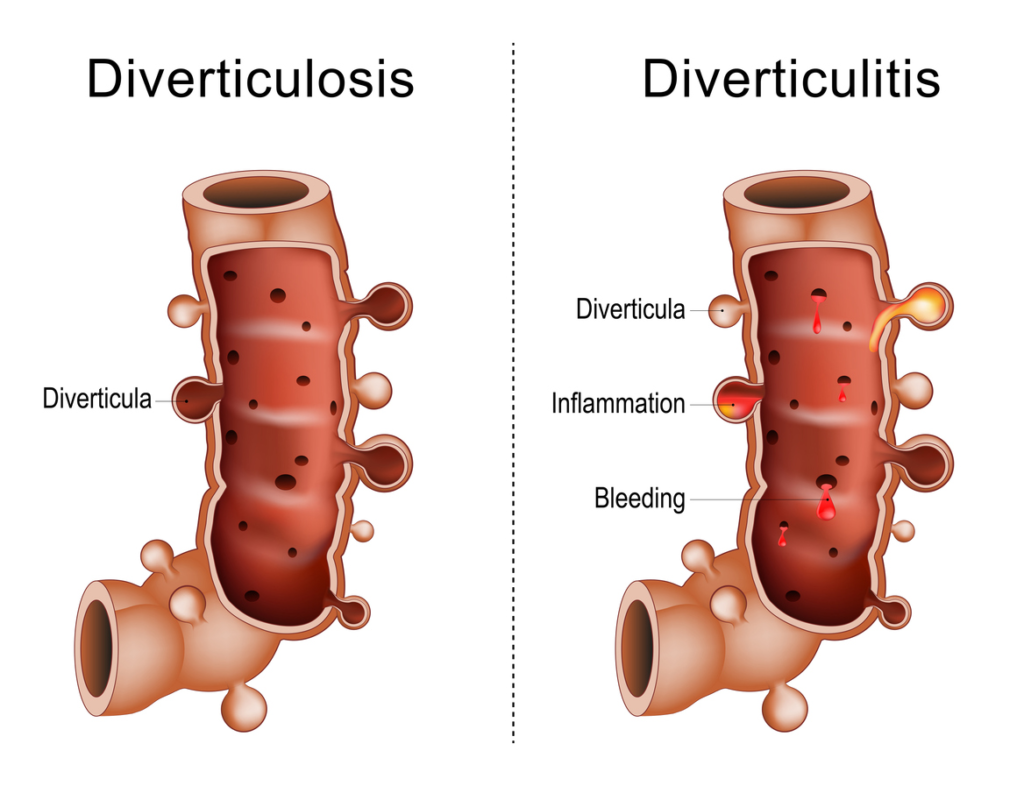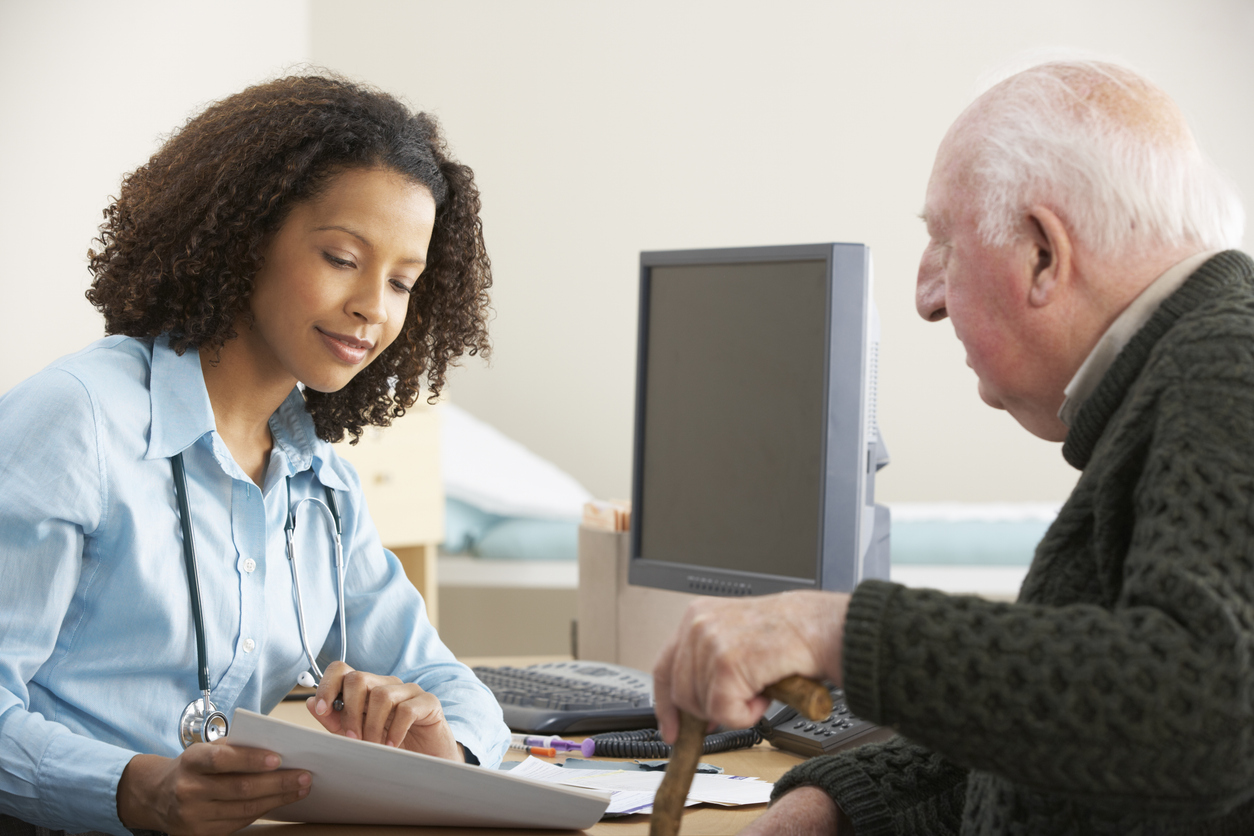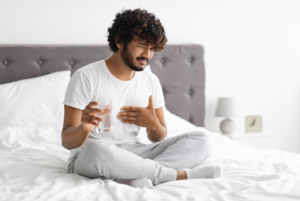Disclaimer
The content on this website is intended for informational purposes only, and is not a substitute for professional medical advice, diagnosis, or treatment. Discuss any information from this website with a qualified healthcare provider or licensed medical professional to determine its relevance and suitability for your individual health needs.
Wondering what diverticulosis and diverticulitis are, and how they affect your body? This informative article explains the symptoms, causes, and treatment options.
Whether you have been recently diagnosed or are simply curious about diverticulosis and diverticulitis, this article will help you understand what they are all about.
You’ll understand the differences between these two health conditions. With this detailed knowledge, you can act ahead of time and be in charge of your digestive health.
What are diverticulosis and diverticulitis
Sometimes, it can be hard to tell the difference between these two long words, i.e. diverticulosis and diverticulitis. We don’t use them often, and they sound almost the same.
The difference is in the last parts. The last part of diverticulosis is “-osis,” and the last part of diverticulitis is “-itis.”
What is diverticulosis
Diverticulosis is a condition where small bulging pouches form in the colon’s lining.
The colon, which is about 137 centimetres (4.5 feet) long, is a part of our digestive system. It absorbs water and nutrients from food, helps form poop, and removes it from the body.

Colon Anatomy (Image credit: iStock
The colon is made up of multiple parts:
- Cecum
- Ascending colon
- Transverse colon
- Descending colon
- Sigmoid colon
What is diverticulitis

Image credit: iStock
When the small pouches (diverticula) formed in the colon become inflamed or infected, it is called diverticulitis.
Diverticulitis can lead to severe discomfort and potential complications.
Symptoms
Around 75% of people with diverticulosis have no obvious symptoms. However, 25% of them may have signs as follows:
- Lower stomach pain that comes and goes, usually on the left side. It gets worse when you eat and goes away when you go to the bathroom or pass gas
- Alternating between constipation and diarrhoea
- Bloating
Symptoms of diverticulitis can vary for each person. They may come and go depending on how bad the inflammation and infection are in the colon. Symptoms can include:
- Constant sharp pain on the left side of your tummy that lasts for days
- Tenderness in the lower left abdomen
- Fever or high body temperature
- Bloating or gas
- Constipation or diarrhoea
- Loss of appetite
- Changes in bowel habits – diarrhoea or constipation
- Bleeding from your bottom, characterized by bright red blood passed from the rectum
If you experience any of these symptoms, visit your doctor for treatment immediately, as the complications from diverticulitis are very serious.
Causes
Diverticulosis
Diverticulosis is thought to be most often caused by a diet high in processed carbohydrates and low in plant fibre. This diet makes the food waste dense, so it goes slowly through our bowels and doesn’t clean them thoroughly along the way.
Because the waste gets denser as it moves, diverticulosis is most likely to happen at the end part of the colon.
People between the ages of 60 and 80 are more likely than younger people to have diverticulosis. It affects men and women the same way and usually has no symptoms.
For people with European roots, diverticula usually show up in the sigmoid colon, which is on the left side. On the other hand, right-sided diverticulosis is more common in Asian countries.
Diverticulitis
Diverticulitis occurs when a diverticulum (pouch) becomes inflamed or infected. It can become inflamed if the colon’s lining is torn or infected.
Things like hard stools or colitis may cause the tearing, leading to infection by normal gut bacteria.
If poop gets stuck in these small pouches, bacteria may grow inside. This can cause an infection and swelling too.
Diagnosis
Diverticulosis might be seen by a doctor during a regular colonoscopy (read more here about colonoscopy), or GI X-ray. This condition doesn’t usually show any signs on its own, so this is the most common way to find out that you have it.
For diagnosing diverticulitis, your doctor may use the following:
- Medical History: Your doctor will ask you about your symptoms, any health problems you’ve had in the past, and any stomach problems that run in your family. It provides a starting point to understand your health and finding things that might put you at risk for diverticulitis.
- Physical examination: A full physical exam will be done,
- with the focus being on the belly and checking for sore spots.
- Blood Tests: To see if there are any signs of an infection or inflammation in the body.
- Imaging Tests: Such as CT scans, abdominal ultrasound or colonoscopy
Treatment Options

Credit: iStock
Depending on how bad the symptoms are, diverticulitis can be treated with:
- Changes to your diet: Eating more fiber will help you have normal bowel movements and stop flare-ups from happening
- Medicines: if there are signs of an infection, antibiotics are used to kill the bacteria that are causing the inflammation. If you have stomach pain or soreness, you may be given painkillers
- Changes to your lifestyle: Good habits like regular exercise can help your digestive health and lower your chance of diverticulitis flare-ups. Long-term stress is bad for digestive health Mindfulness, yoga, or deep breathing exercises can help you deal with stress and keep your digestive system working well
- In severe cases: Hospitalisation and even surgery may be needed if non-invasive treatments don’t work
Key takeaways
Diverticulosis (ending with “-osis”) is a common gut problem that happens when pouches form in the colon wall. This problem is more common as we get older. It doesn’t usually show any signs.
Diverticulosis can turn into diverticulitis (ending with “-itis”) , if these pouches get inflamed or infected, which makes the symptoms severe.
A high-fiber diet, regular exercise, and learning how to deal with stress are all things that can help lower the chance of getting complications from diverticulitis.
For successful management and to avoid complications, it is important to get a diagnosis and treatment right away.
By staying informed about diverticulosis and diverticulitis, you can take proactive steps to support your digestive health and overall well-being.
Further readings
https://www.cancer.gov/publications/
dictionaries/cancer-terms/def/colon
- https://www.mayoclinic.org/diseases-conditions/
- diverticulitis/symptoms-causes/syc-20371758
- https://www.nature.com/articles/s41598-022-08708-w
- https://www.healthdirect.gov.au/diverticular-disease-and-diverticulitis






